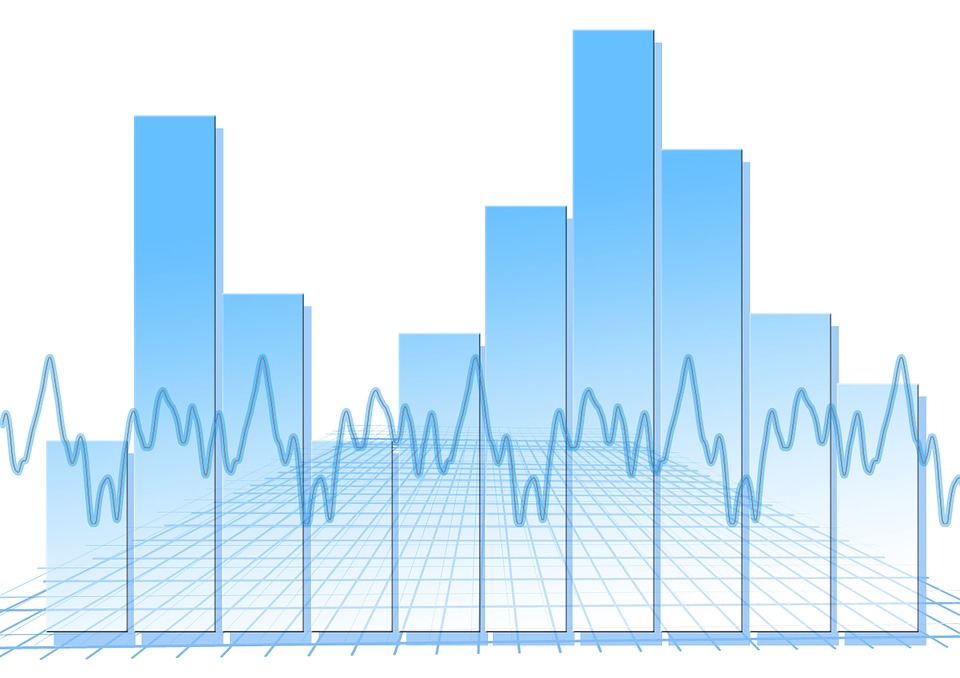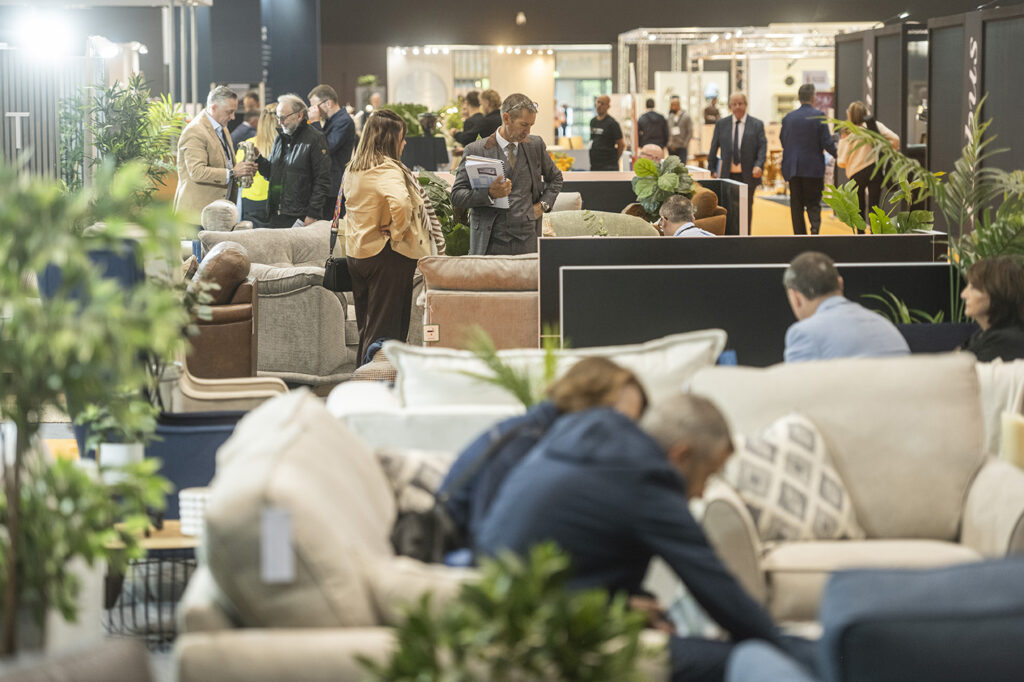Furniture prices remained high during July but eased for an eleventh straight month as overall inflation slowed for a second consecutive month.
According to the latest Office for National for National Statistics (ONS) data, the Consumer Prices Index (CPI) rose by 6.8% in the 12 months to July 2023, down from 7.9% in June. On a monthly basis, CPI fell by 0.4% in July 2023, compared with a rise of 0.6% in July 2022.
Furniture and furnishing prices rose by 5.6% in July, down from 5.9% in June, while also declining from 14.8% compared to the same month last year. This marks the eleventh consecutive month of easing price inflation and the lowest rate in well over a year.
The retail price of household furniture decreased to 6% in the month from a rise of 6.2%, while also down from 15.1% last year.
Garden furniture prices rose 0.2%, down from 3.4% on last month and down from 21.1% compared to last year.
Carpets and other floorcoverings prices increased 9.9%, up from 9.1% the previous month, while also rising from 6.4% rise last year.
Other household textile prices, including furnishings fabrics, curtains and bedding, saw prices rise by 4.7%, up from 3.8% the previous month, while down from 5.6% on last year.
Meanwhile, Producer Price Inflation (PPI) saw the rate of furniture output prices, factory gate, rise 8.8% in July on the same month in 2022. The rate was down from the rise of 10.2% in June.
Furniture input prices, material cost of production, were down 1.6% in July on the same month last year, up from a decline of 1.8% the previous month.
Producer input prices fell by 3.3% in the year to July 2023, down from a fall of 2.9% in the year to June 2023. Producer output (factory gate) prices fell by 0.8% in the year to July 2023, down from a rise of 0.3% in the year to June 2023. On a monthly basis, producer input prices fell by 0.4% while output prices rose by 0.1% in July 2023.
Commenting on the inflation figures for July, ONS Deputy Director of Prices Matthew Corder said: “Inflation slowed markedly for the second consecutive month, driven by falls in the price of gas and electricity as the reduction in the energy price cap came into effect.
“Although remaining high, food price inflation has also eased again, particularly for milk, bread and cereal. Core inflation was unchanged in July, with the falling cost of goods offset by higher service prices.”
Helen Dickinson, Chief Executive of the British Retail Consortium, said: “Headline inflation fell again, driven by falling household bills and clothing prices. Food inflation eased to its lowest level in almost a year: many households will find their mornings getting cheaper, with price drops in tea, coffee, milk, breakfast cereals and fruit. Meanwhile, clothing retailers mitigated the wet weather with larger discounts across their ranges.
“There remains potential stumbling blocks ahead. Russia’s withdrawal from the Black Sea Grain Initiative and subsequent targeting of Ukrainian grain facilities, as well as rice export restrictions could put pressure on some global commodity prices, slowing the fall in food prices. Retailers continue invest heavily in keeping falling prices on track. Government can support these efforts by freezing business rates from next April, or else risk adding a £400m additional pressure on prices.”















